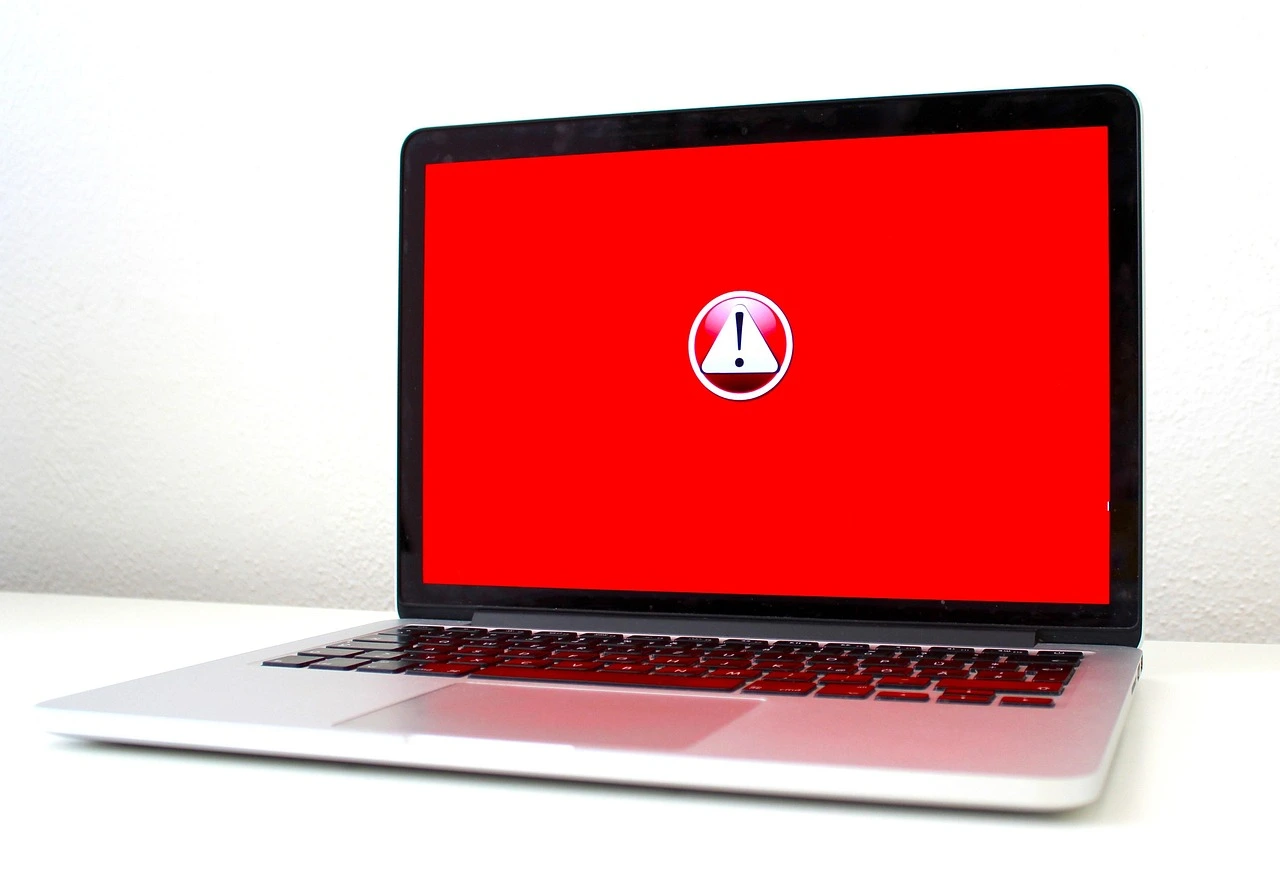Before we dive deeper, here’s a quick look at the 10 most common billing mistakes silently draining revenue from multi-specialty practices every month:
1. Missing or Incorrect Modifiers
2. Inconsistent Documentation Across Specialties
3. Skipping Eligibility Checks
4. Duplicate or Overlapping Billing
5. Misapplying Global Period Rules
6. Undercoding Due to Audit Fear
7. Ignoring Denial Management
8. Missed Charges Due to Workflow Gaps
9. Using Outdated or Incorrect Codes
10. Fragmented Billing Systems & Teams
Now let’s explore why these issues matter.
Managing billing for a multi-specialty practice isn’t easy. You’re juggling different specialties, unique coding rules, varying documentation standards, and a maze of payer requirements.
Yet, it’s often these small, avoidable errors that quietly eat into your revenue — sometimes costing you thousands or even tens of thousands of dollars every month.
If your practice is like most, inefficiencies in your billing process are triggering claim denials, delayed payments, and lost revenue — all of which can be prevented.
The good news? You can fix them. By identifying and correcting these common errors, you can reclaim lost revenue and significantly improve your cash flow — often within weeks.
Let’s break down each of these 10 billing errors and how to stop them:
1. Missing or Incorrect Modifiers That Trigger Denials
Modifiers are those little two-digit codes added to CPT codes that tell payers exactly what you did. Without the right modifiers, your claims can be rejected or delayed — especially in a multi-specialty setting where multiple services or providers are involved.
For example, the modifier -25 indicates a significant, separately identifiable evaluation and management service on the same day as a procedure. Forgetting this can lead to denials. (Reference source: Tips on Sequencing Modifiers – Improper Use of Modifiers – https://www.cco.us/tips-sequencing-modifiers-improper-use-modifiers/)
How to fix it: Train your billing team and providers on the correct use of specialty-specific modifiers and regularly audit claims for accuracy.
2. Inconsistent Documentation Across Specialties
Different specialties often have their own documentation styles and standards. If documentation isn’t consistent, billing teams struggle to find the information they need to support charges. This can cause claims to be denied or delayed because payers don’t have enough proof to reimburse.
Action step: Establish documentation guidelines and regular training across all specialties to ensure your billing team gets everything they need, every time.customized onboarding roadmap outlining each step of the process
3. Skipping Eligibility Checks Before Services
Rushing through or skipping insurance eligibility verification is a common mistake that leads to denials or unpaid claims. If you bill for a service without confirming the patient’s active coverage, you risk not getting paid at all.
What you can do: Use automated eligibility verification tools to confirm insurance status before services are provided — reducing denied claims and surprise patient balances. secure channels for file and credential sharing
4. Duplicate or Overlapping Billing
Billing twice for the same service or overlapping visits without clear documentation can confuse payers and trigger audits. Multi-specialty practices are especially vulnerable since patients often see multiple providers in one visit.
Avoid this by: Ensuring your staff understands proper charge capture procedures and documents everything clearly.
5. Misapplying Global Period Rules
Surgical specialties often have global periods, during which related follow-up visits are bundled into the original procedure. Billing separately for these visits without the correct modifiers leads to denials and delays.
Fix: Educate providers and billers on global periods and modifiers like -24 or -58 to prevent lost revenue.
6. Undercoding Out of Audit Fear
Some providers downcode visits and procedures out of concern for triggering audits. But undercoding means you’re leaving money on the table.
Best practice: Code accurately to reflect the level of service provided. Correct coding results in appropriate reimbursement and reduces risk in the long run.nch
7. Ignoring Denial Management
Denied claims that aren’t tracked, analyzed, and appealed represent lost revenue — plain and simple. Many practices don’t have the time or systems in place to follow up on denials properly.
Solution: Implement a dedicated denial management process to recover as much revenue as possible from denied claims. improvement with measurable results
8. Missed Charges Due to Poor Workflow
When charge capture isn’t seamless — for example, if documentation doesn’t reach billing teams or charges aren’t entered correctly — services go unbilled. This “invisible revenue” can add up quickly.
How to improve: Streamline workflows with integrated EHR-billing systems to ensure no charge slips through.
9. Using Outdated or Incorrect Codes
Medical coding is complex and ever-changing. Using old CPT or ICD-10 codes, or ignoring payer-specific rules, causes claim denials and delays.
To stay ahead: Regularly update your coding resources and train your billing staff on new code sets and payer policies.
10. Fragmented Billing Systems and Teams
When each specialty uses different EHRs, billing platforms, or even external billers, coordination suffers. This fragmentation leads to communication gaps, missed claims, and inefficiencies.
What to do: Adopt a centralized revenue cycle management solution that unifies billing across all specialties, streamlining communication and processes.
Why Multi-Specialty Practices Trust Medical Billers and Coders (MBC)?
Multi-specialty billing is a complex beast — and it takes a partner who truly understands the nuances of every specialty, payer, and billing challenge to unlock your full revenue potential.
At Medical Billers and Coders (MBC), we don’t just process claims — we become your strategic revenue cycle partner.
Here’s why large multi-specialty practices choose MBC:
- Certified Coders Across Specialties: Whether it’s cardiology, orthopedics, wound care, or dermatology, our coders are trained and certified to handle your specialties with precision.
- Complete Revenue Cycle Management: From eligibility verification and charge capture to denials and collections — we manage the entire process end to end.
- Seamless EHR and Clearinghouse Integration: Our technology connects smoothly with your existing systems so no charge or claim gets missed.
- Dedicated Account Managers: You get a single point of contact who knows your practice and specialty inside out — no cookie-cutter service here.
- Actionable Reporting & KPIs: Get clear, easy-to-understand dashboards showing revenue trends, denials, AR days, and more — helping you make smarter business decisions.
- Compliance-First Approach: We follow CMS, HIPAA, and payer guidelines rigorously, reducing your risk of audits and penalties.
- Automated Workflows: We leverage the latest automation tools to speed claims submission and follow-ups — reducing AR days and improving cash flow.
Ready to Stop Losing Thousands Every Month?
Your multi-specialty practice is already delivering excellent care — now it’s time to make sure you’re getting paid what you deserve.
Schedule a free consultation with Medical Billers and Coders today to uncover your billing gaps and start capturing the revenue you’ve earned.
FAQs
1. How much revenue do multi-specialty practices typically lose due to billing errors?
Many practices lose between 10-30% of their potential revenue due to common medical billing mistakes, denial management gaps, and missed charges.
2. Can MBC handle billing for multiple specialties with different coding needs?
Yes! Our coders are certified across multiple specialties and trained to manage complex multi-specialty billing.
3. How soon can we expect to see improvements after partnering with MBC?
Clients often see significant improvements in claim acceptance rates and faster reimbursements within the first 30-60 days.
4. Will switching to MBC disrupt our current billing process?
No. We ensure a smooth onboarding with no downtime, including full training and transition support.
5. What technology does MBC use to streamline billing?
At MBC, we operate as a system-agnostic partner—meaning we integrate directly with your existing EHR or Practice Management software, without requiring any cloud-based setup.




